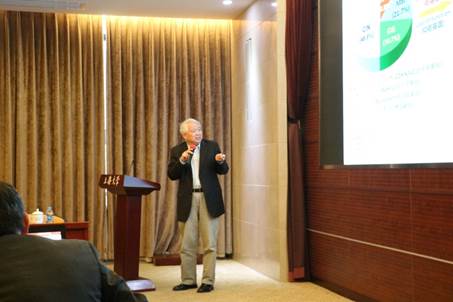
Reporter: Academician Ding Jian
Targeted anti-tumor drugs are on the rise, but their clinical average total effective rate is less than 10%, indicating that it is effective to distinguish the "effective population" and "ineffective population" with potential drug response. The development of targeted therapies based on biomarkers is expected to fundamentally challenge the blindness of the original targeted therapies of anti-tumor drugs, and is the key to the treatment of highly heterogeneous tumors. With the advent of the era of precision medicine, it is urgent to innovate the concept of anti-tumor drug research and development, and to carry out all-round and multi-level biomarker research as soon as possible while promoting drug research and development. Searching for specific molecular markers, selecting "sensitive population" and carrying out individualized therapy have become the mainstream trend of current research. Over the years, Shanghai Institute of Materia Medicina has been aiming at the international frontier, and has made a number of important scientific research achievements in many aspects, such as the discovery of new molecules, the exploration of new mechanisms, the research of new markers and the research and development of new drug candidates. Several molecular markers with potential application value have also been discovered in recent years. For example, polyimmunoglobulin receptor (PIGR) is an important independent marker for early recurrence of liver cancer. C -Met inhibitors, response markers, etc.